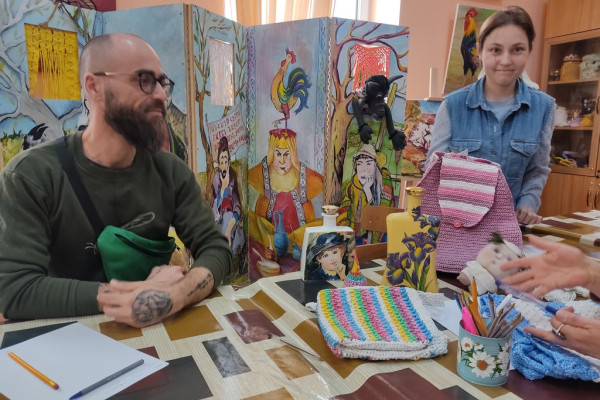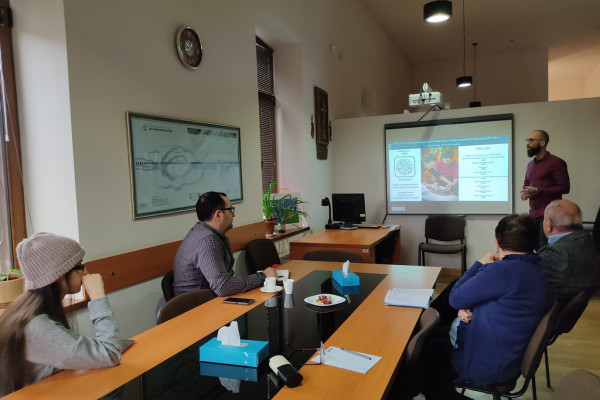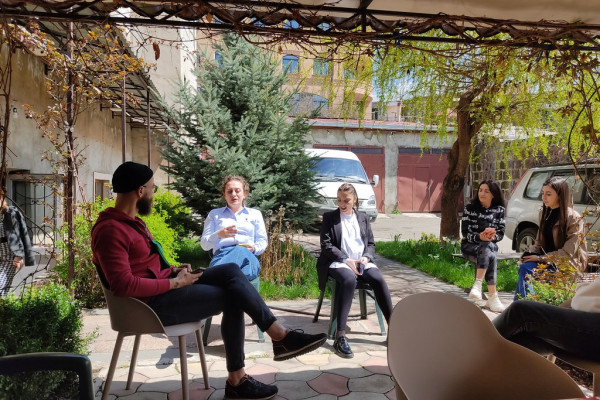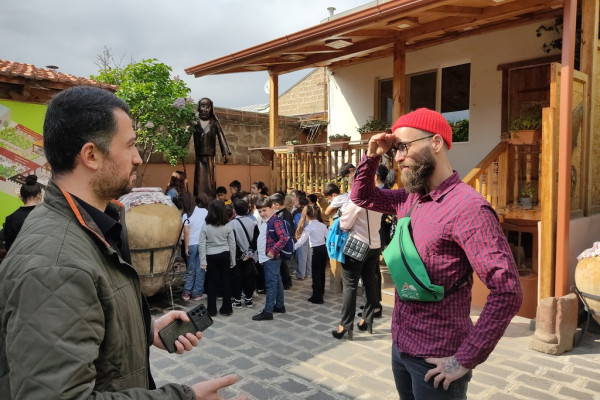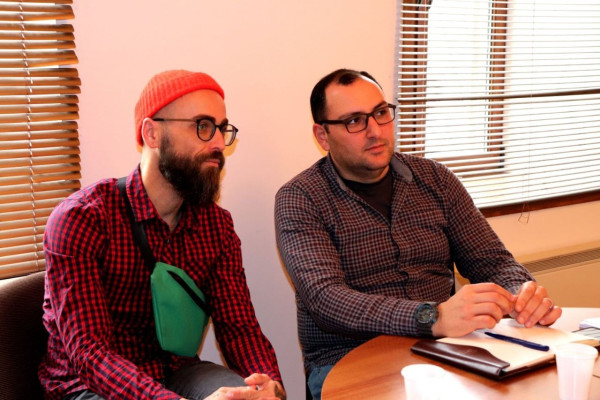Jan Horák - My visit in Armenia
Armenia's key to change is social and spiritual at the same time - my visit to the cradle of Christianity
In the second half of April this year, I had the opportunity to visit Armenia and see how they are working with young people and trying to help them in difficult situations. As a guest of the WCC Armenia Roundtable Foundation, I visited several social centres across the country. To give you an example, the furthest I went was in Ijevan, at the Arvik Social Centre about 200 km from Yerevan. Other centres we visited were Gai, Ashtarak and Gyumri.
Armenia has a different system of social services compared to the Czech Republic, and these are only partially financed from state resources, while other resources come from foreign foundations, which is also due to the fact that Armenia has strong diasporas, for example in the USA.
It is difficult to mention just a few strong points, as almost everything in Armenia is interesting for a Central European worker. However, in terms of substantive experience, it was very useful for me to map the causes of those difficult situations, as well as the working methods and the attitude of the staff towards young people in general.
All social centres provide job skills training, and each centre uses a slightly different approach. It also depends on the local context. For example, in Ashtarak, in addition to activities for children, the centre also has a creative workshop with hands-on activities in making puppets and small products from recycled plastic bags. The large centre in Ijevan focuses on building social entrepreneurship with own brand products such as bags, backpacks and carpets that are made using traditional methods and which carry design elements of Armenian folklore. In Gyumri and Gai, they are building a space for training and implementing courses and retraining for different professions such as hairdresser, beautician, etc.
All centres also have significant support for children and are prepared to work with topics, for example domestic violence, addiction, relationship problems, with the help of professional psychologists and social workers. At the same time, one of the key areas is volunteering and involving local communities. All the centres are thus in principle something between a social centre with working professionals and a community centre, which aims to support local people to be active and able to take the initiative into their own hands.
It was extremely interesting for me to discover that we have similar goals to help and support young people in their journey through a difficult life towards contentment and greater independence. At the same time, I always find it inspiring to strive for a holistic approach that works in different ways with the whole family or community, united either by the situation they are experiencing or the place where they live. By sharing our experiences and building a collaborative network of professionals and volunteers internationally, we can help make changes for the better across the whole social and spiritual world.
